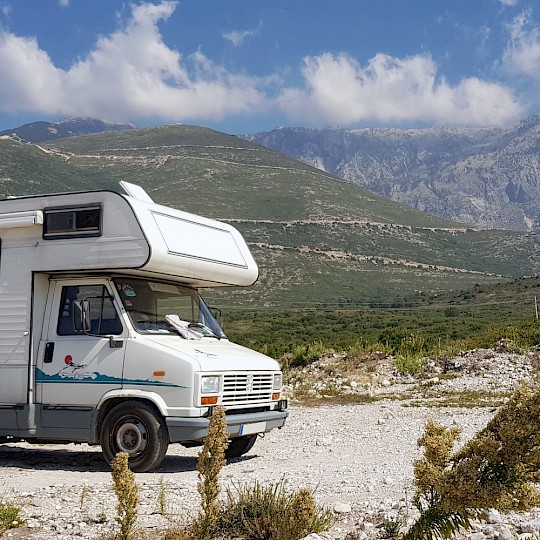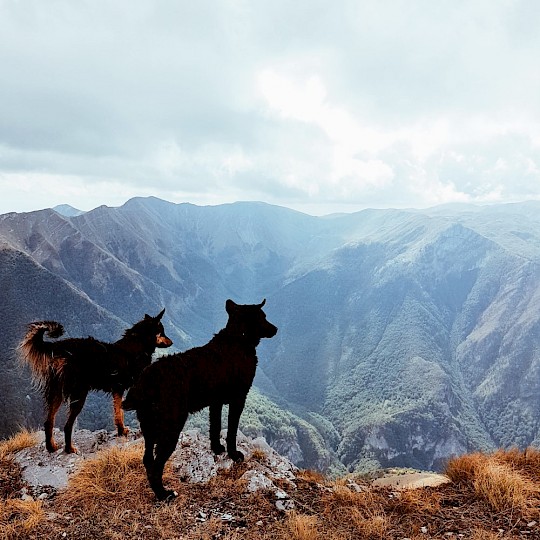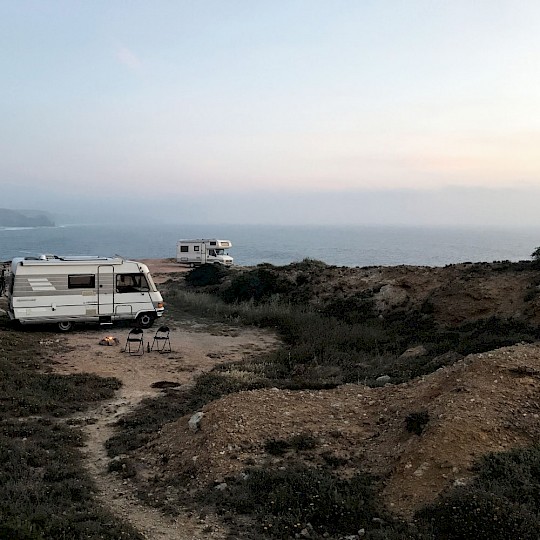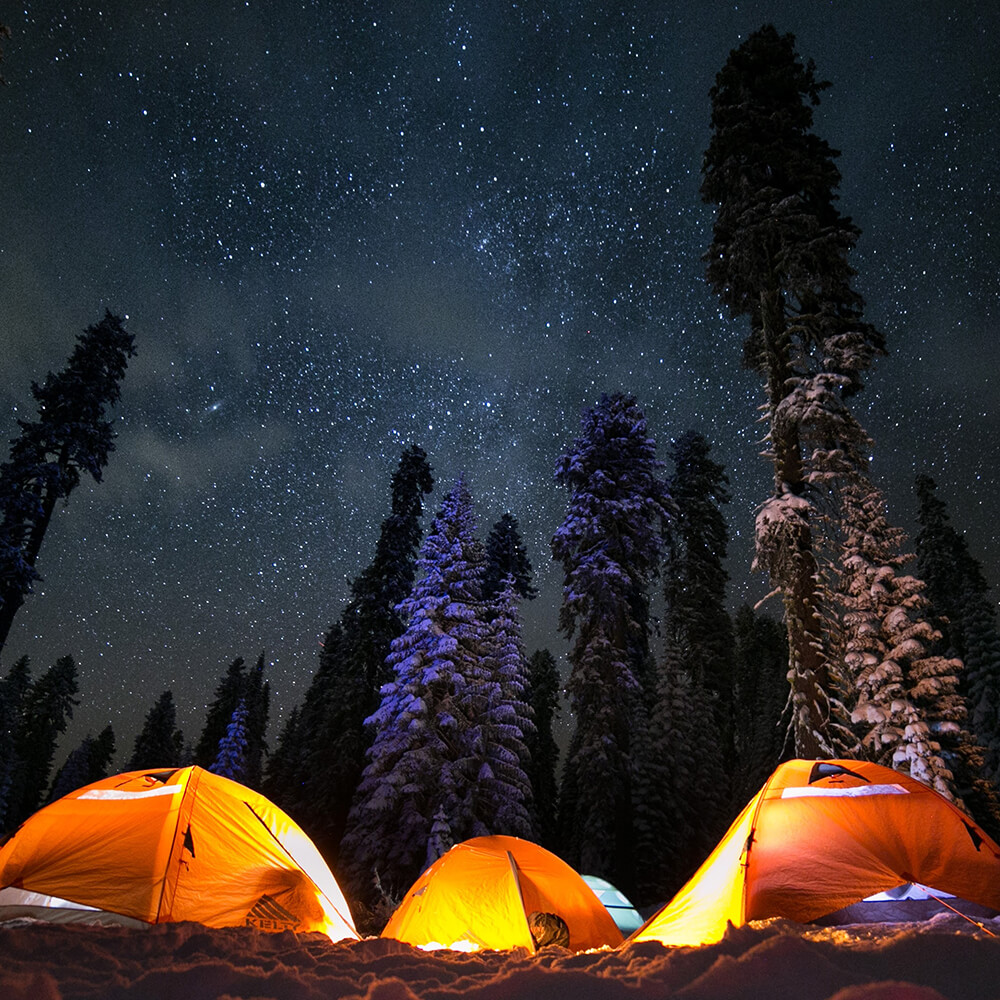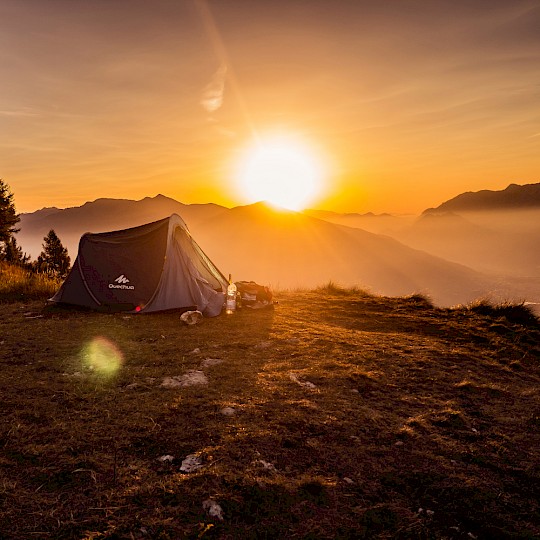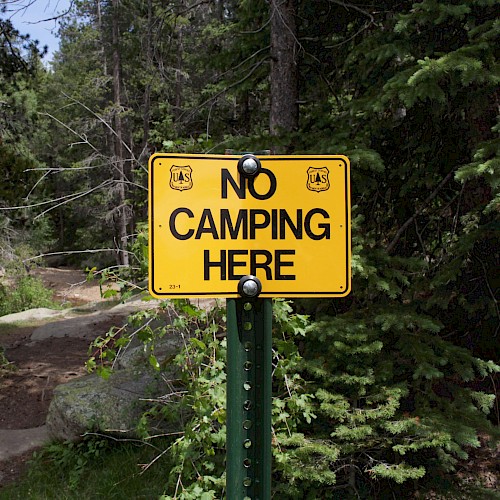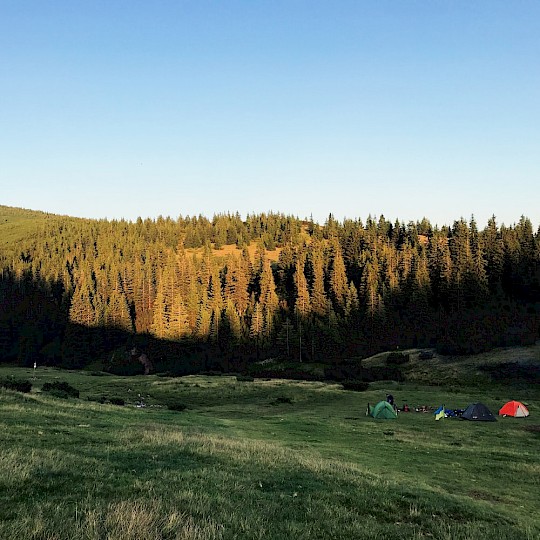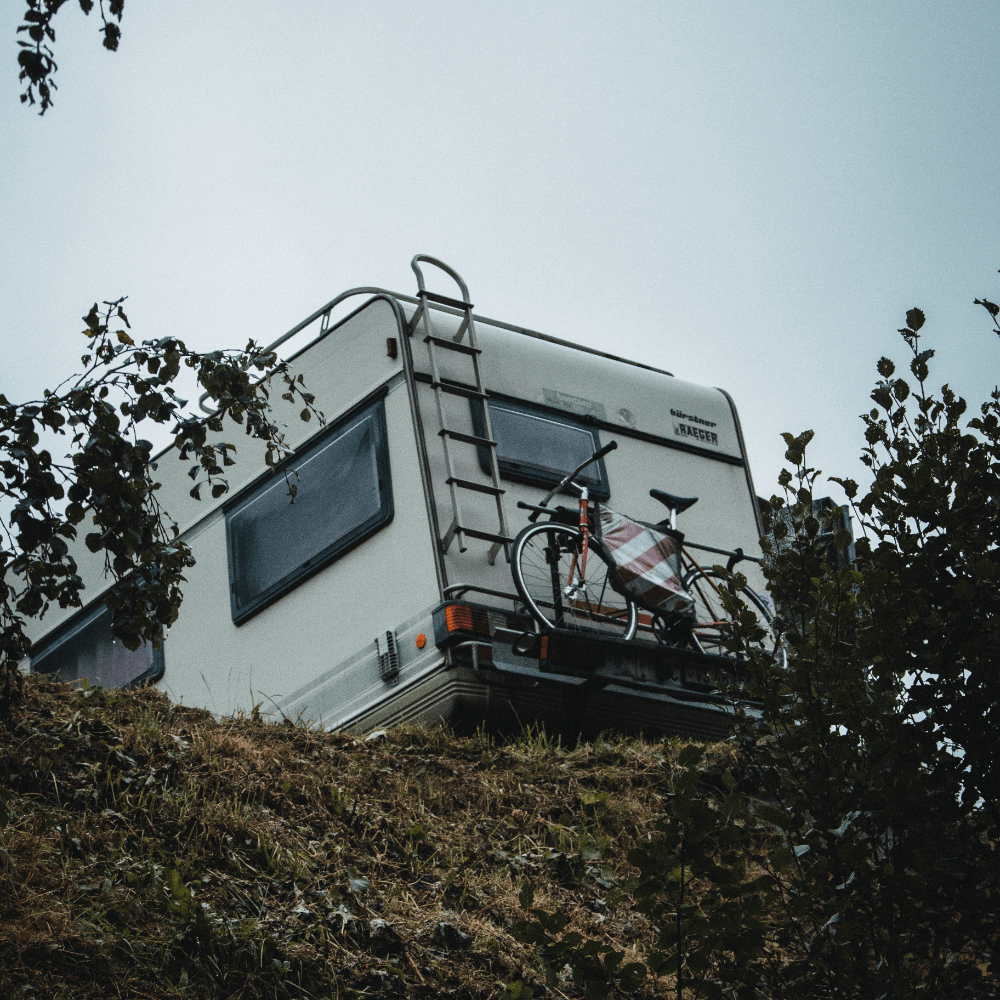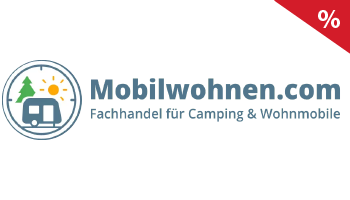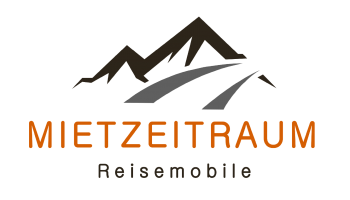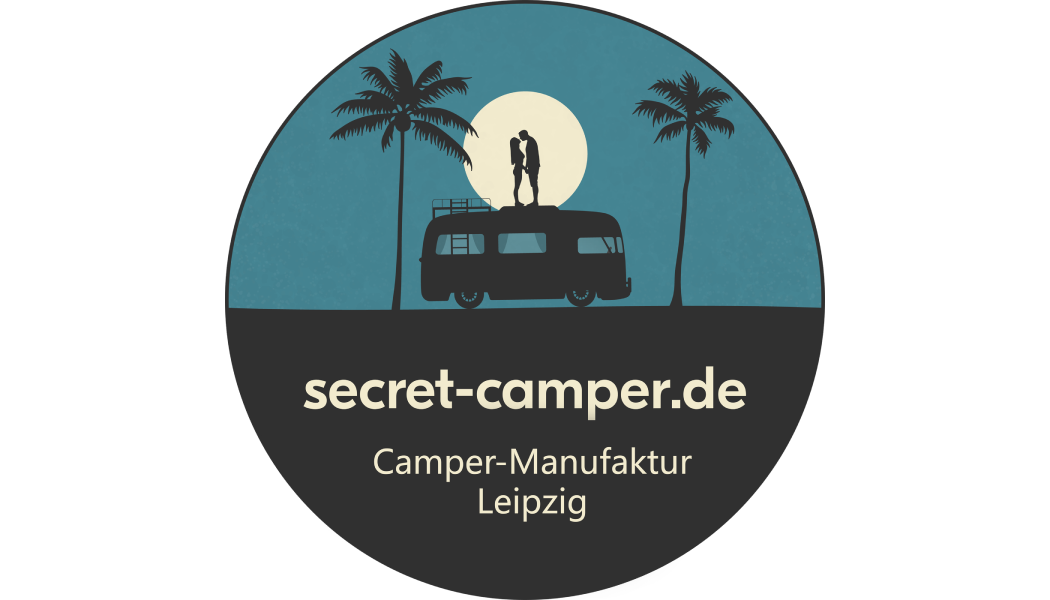Fact #1 - Electric streetcar
In the capital Sarajevo, the first fully electric tram in Europe was put into operation in 1895.
Fact #2 - Mines
Even more than 20 years after the end of the war, around 220,000 landmines are still buried in Bosnia and Herzegovina.
Fact #3 - Languages
Bosnia and Herzegovina have three official languages: Bosnian, Croatian and Serbian, Bosnian being spoken by most of the inhabitants.
Fact #4 - Name origin
The name Bosnia comes from the Indo-European word 'Bosana' which means water. No wonder with all the lakes.
Fact #5 - Sarajevo Film Festival
The Sarajevo Film Festival was founded in 1995 and is today the most important film festival on the Balkan Peninsula.
Fact #6 - Jungle
The Sutjeska National Park in the southern part of the country is home to one of the last primeval forests in Europe, the Perućica primeval forest.
Fact #7 - Winter Olympics
The 1984 Winter Olympics were held in Sarajevo and were the first to be held in a communist country.
Fact #8 - Mosque with electricity
The Gazi-Husrev-Beg Mosque is one of the largest and oldest mosques in Bosnia and Herzegovina. In 1898 it was also the first mosque to use electricity.
Fact #9 - Nickname
Bosnia and Herzegovina are also called the heart-shaped country because of its shape, which is reminiscent of a heart.
Fact #10 - Convertible Mark
All banknotes, except the 200 Mark note, are available in two versions: for the Federation of Bosnia and Herzegovina and the Republika Srpska.




